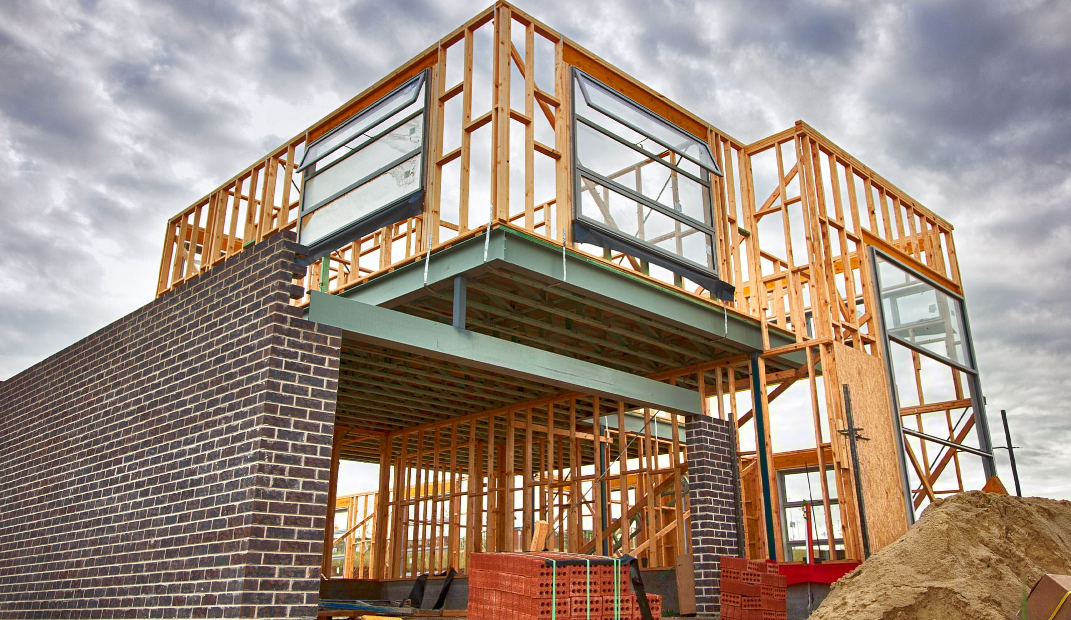Building your dream home from the ground up is an exciting journey, but it comes with its own set of financial challenges. Home building loans are specifically designed to help you finance the construction of your new home, offering flexibility and tailored repayment options throughout the building process. Understanding how these loans work and what you need to secure one can make your dream home a reality.
What Are Home Building Loans?
Home building loans, also known as construction loans, are a type of short-term financing designed to cover the costs of building a new home. Unlike traditional mortgages, which release funds as a lump sum, home-building loans provide funds in stages as the construction progresses.
This staged approach ensures that funds are only released when certain milestones, like laying the foundation or completing the roof, are met. This not only helps keep the project on track but also reduces financial risks for both the lender and the borrower.
How Do Home Building Loans Work?
When you apply for a home building loan, you’ll typically go through a more detailed approval process compared to a standard mortgage. The lender will need to see your building plans, a detailed budget, and a timeline for the project. Once approved, the loan is usually structured in two phases: the construction phase and the permanent phase.
During the construction phase, you’ll make interest-only payments on the amount that has been drawn down. Once construction is complete, the loan can convert into a traditional mortgage, or you can refinance into a different loan product.
Qualifying for a Home Building Loan
Qualifying for a mortgage to build a house requires meeting several key criteria. Lenders will assess your credit score, income stability, and debt-to-income ratio, just as they would for a traditional mortgage. However, additional scrutiny is placed on your builder’s qualifications and the feasibility of the project.
It’s essential to work with a reputable builder and have all your plans and permits in place before applying. Some lenders may also require a larger deposit, often around 20-25%, due to the higher risks associated with construction loans.
Key Benefits of Home Building Loans
One of the main advantages of home-building loans is the control they provide over your project. You can create a home tailored to your exact specifications rather than buying a pre-existing property. Additionally, by releasing funds in stages, lenders help you stay on budget, as each drawdown is tied to specific milestones in your construction plan.
Securing the right home building loans can turn your dream of custom homeownership into a reality. By understanding the loan structure, qualification requirements, and benefits, you’ll be well-equipped to embark on your home-building journey with confidence.

